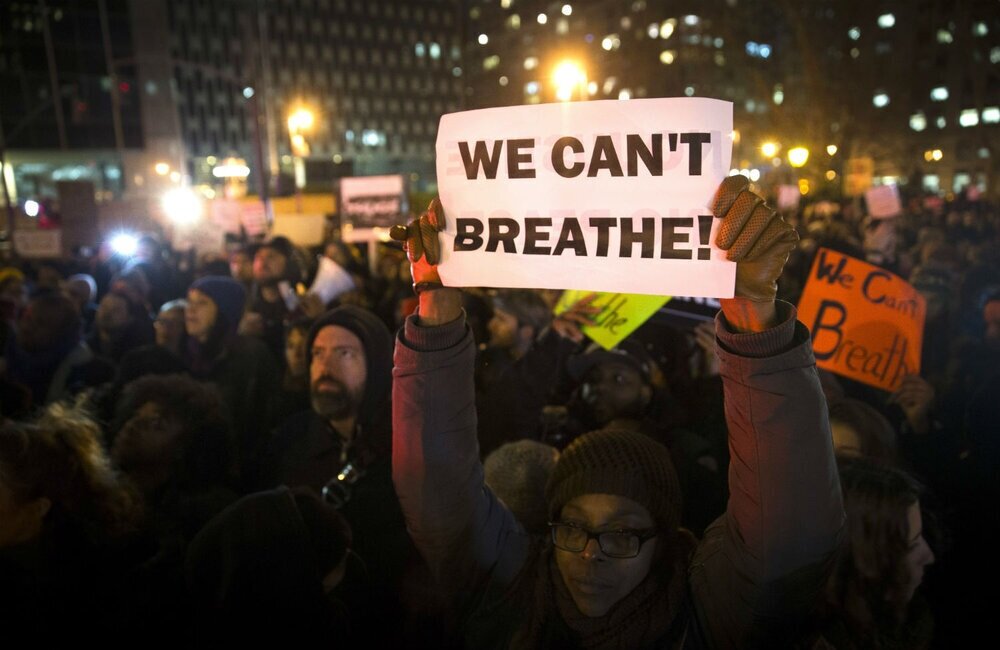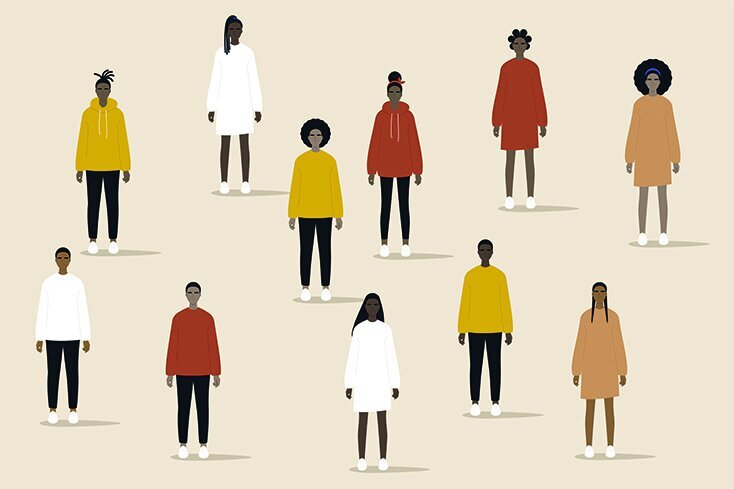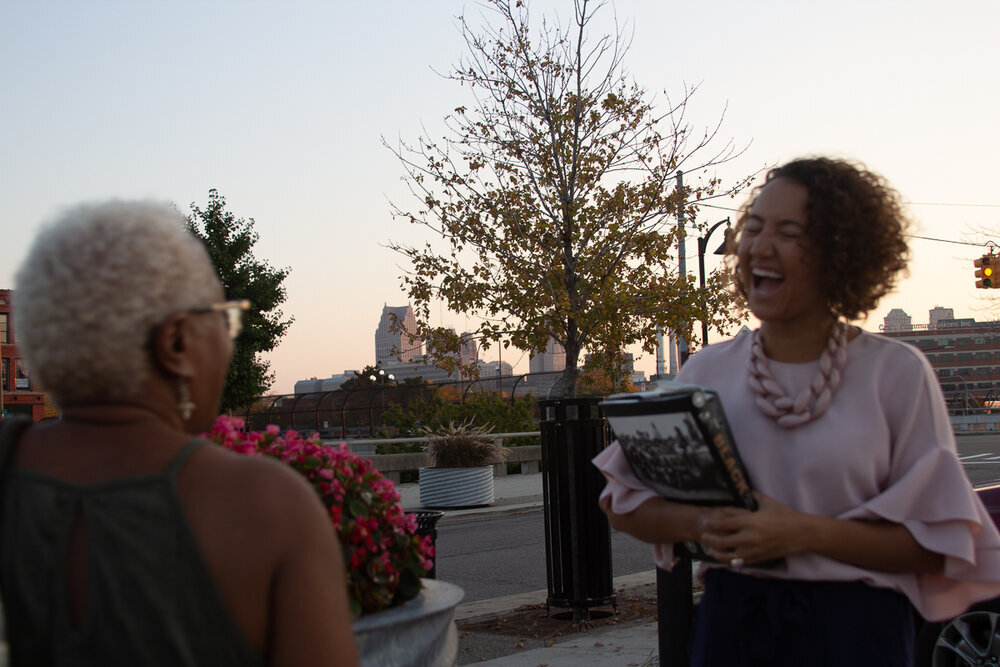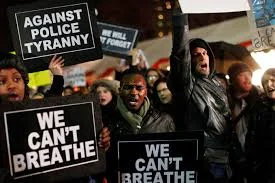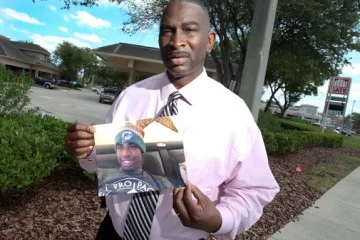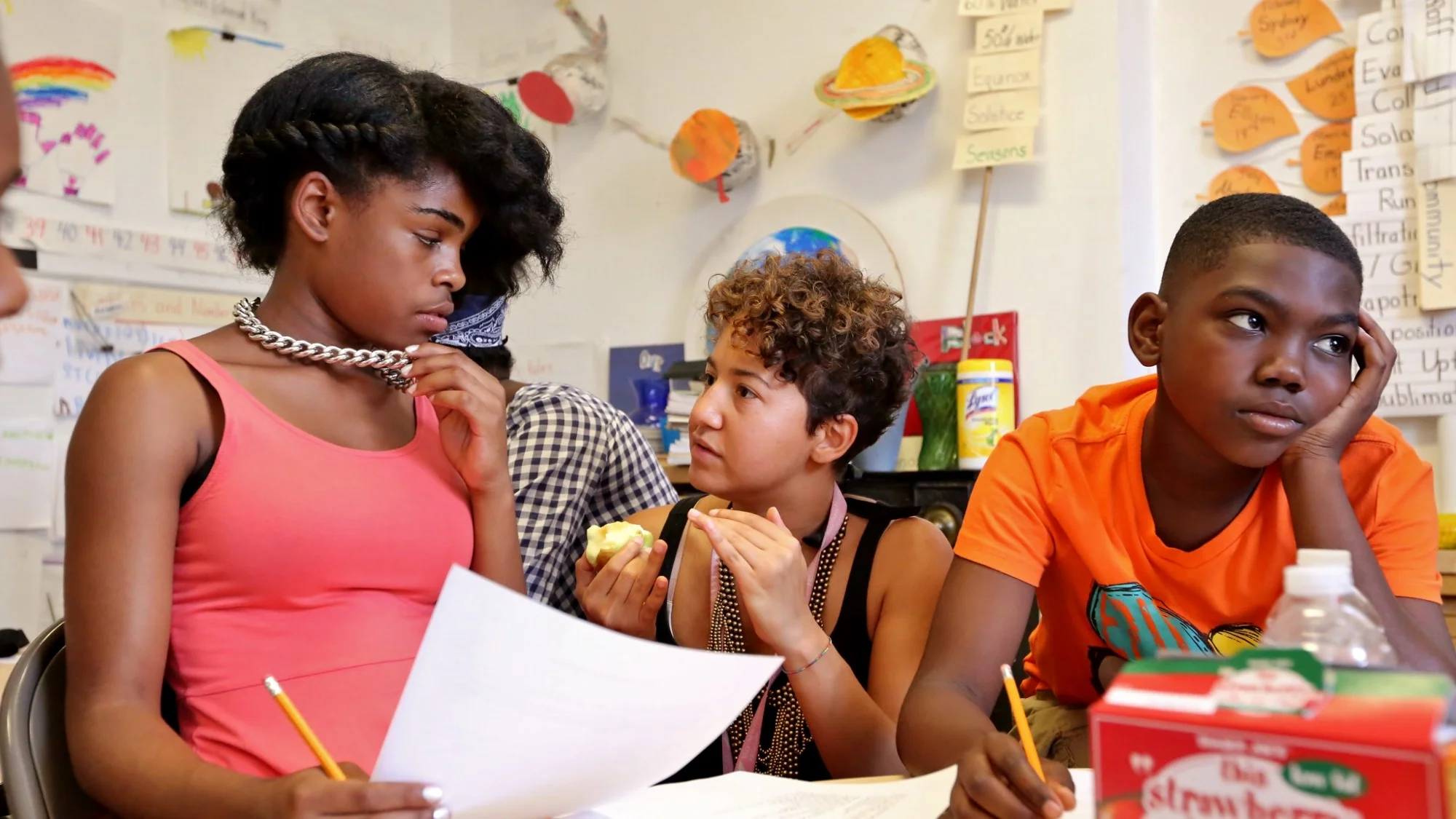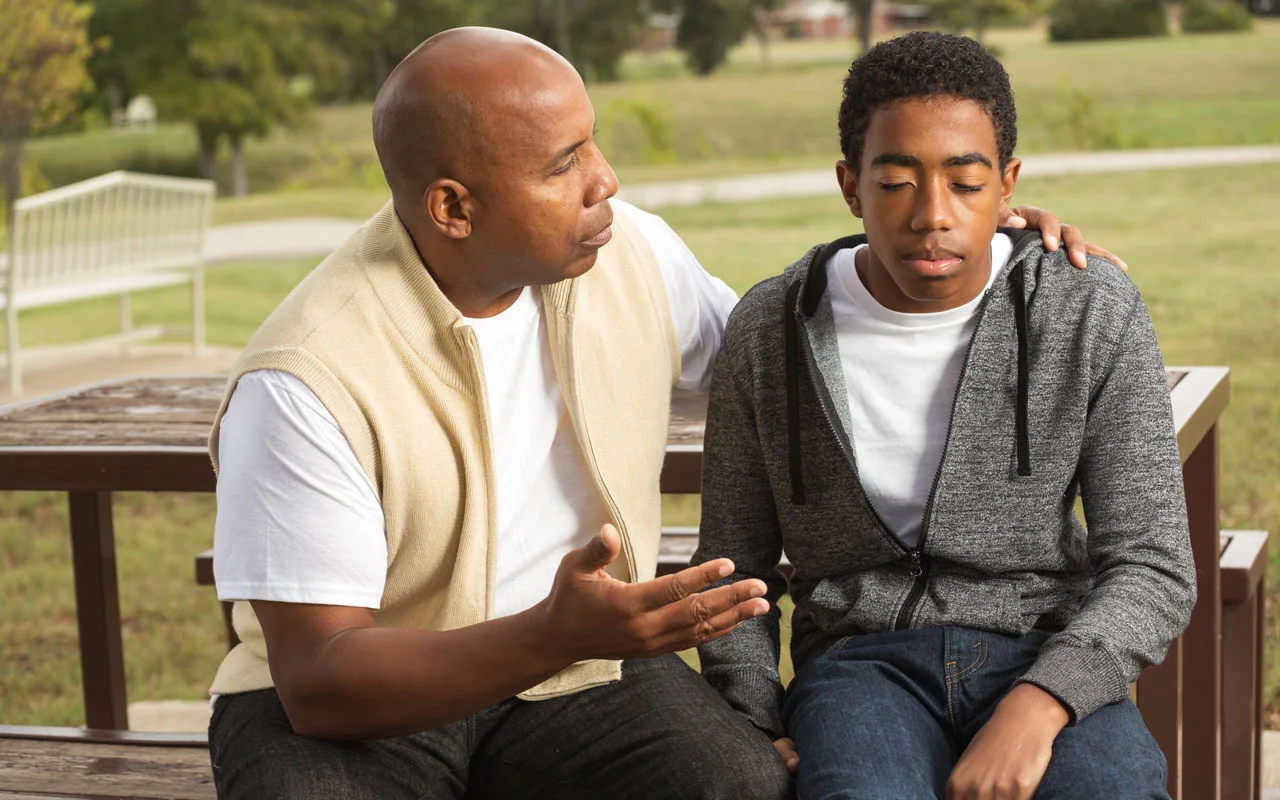Justice for #EricGarner
[Dec 8, 2014]
As I laid out on the cold, hard concrete for 4.5 minutes, I began to weep. I was not anticipating the Yale Law School die-in demonstration having an effect on me, after all, I had both organized and participated in many protests throughout my young life. But there was something about staring at the infinite sky that brought stinging tears to my eyes.
And when I say tears, I mean sniffly, chest-heaving, uncontrollable weeping.
It was during this time that both simultaneously and instantly, two hands on either side of me caressed my arms to console me.
The hands of relative strangers let me know that they heard me and — in the spirit of this movement — wanted me to be able to breathe.
Read More
Justice for Jordan Davis
[Oct 2, 2014]
Earlier this year, I was on the phone with my academic bro and sis about the trial of Michael Dunn. These were the same folks I spent hours crying to regarding Trayvon, and later Mike Brown, and I think I was out of tears at the start of this year. I couldn’t bring myself to write another blog or feel anger for another injustice.
But this is an important time in our history. An important occasion to know that people are mad. What hung one jury during a time where the Zimmerman verdict may have been too far removed was not an issue for the current jury, deciding in 6 hours that Dunn pulled a gun out to intentionallyshoot Jordan Davis. Shooting Jordan because he was playing loud music. Shooting Jordan because he talked back. Shooting Jordan because he did not know his place in America — and that is to be subservient, don’t start nothin, and stay in your lane. Or hood. Or borough. But just out of my way.
Read More
Justice For Oscar Grant
[July 27, 2013]
SPOILER ALERT: If you HAVEN’T seen Fruitvale Station, do not read this post.
I am PISSED.
ELEVEN MONTHS?!?!?!?!?
Let me get this straight. The value of the life of black Americans has been no jail time and eleven months for the murderers of Trayvon and Oscar, respectively? Bull.
While the circumstances of both murders were arguably exceptionally different, the common thread — as I’ve written before — is that of the fear of the black male in America. The police officers involved in the killing of Amadou Diallo, Malice Green, Oscar Grant — I mean gosh, I must’ve just gotten tongue tied with the loss of life of unarmed black males — looked at Oscar and thought that he was a threat. Why else would they kick and beat someone who was the VICTIM of an altercation on a train? Moreover, why was he targeted on the train in the first place? I’ll grant you, movies may indulge in the facts, but I find it believable that Oscar was pulled off the train because he looked suspicious (sound familiar George Zimmerman?).
Click the title to read my full post on MEDIUM.
Read More
Why America is afraid of her own son
[July 16, 2013]
I study parenting. Whenever I do a workshop, I ask a parent what exactly it means to be a parent. I have never, repeat, NEVER heard a mom say, “Oh, I want my son to be feared. I hope that I can never look him in the face again. I pray that he has is so uncared for and neglected by society that it will just make me beam.”
And yet, that’s exactly what we’ve done for our black sons.
America has been a baaaddddd mother. She stole our black son from another country (well, several other countries…all huddled together under their mother, Africa). She forced our black son to work when she didn’t require that of another son of hers. The prized son. The son she reserves all of her hopes, dreams, and aspirations for. No — she thought that working hard would make her black son strong and an excellent source of income.
Click the title to read my full post on MEDIUM.
Read More
Happy Birthday Trayvon: The Link Between Discrimination and Child Psychosocial Outcomes
On February 5, 2013, I thought about Trayvon Martin. After all, it would have been his 18th birthday, so it was only appropriate. But it was not just a day to consider his life; rather, his death and its impact on families.
As a researcher in a cultural and family studies laboratory, I think about the “Trayvons” of our society constantly. It was his untimely death that led my colleague, Saida Hussain, and me to consider the effects of discrimination on processes within low-income Black families. After developing a theory based on existing research, we found using a statistical model that discrimination reported by parents has a direct and indirect effect on children.
Read More
“That...is the real world. And our children need to know that that’s the world that they live in.”
I’m a traveler. I get on flights and, like most of us who have traveled on planes before, tune out the flight attendants as they give us the spiel on flight safety. (Though I glance up every now and then and smile because I want them to feel respected — kinda how I stay on the phone with the Democratic telemarketers long enough to say “thank you so much for calling — I can’t contribute today — have a wonderful day!”)
Read More
How does it feel? *D’Angelo Voice*
Y’all. We’ve been skating on this ice for a looooong time.
There have been numerous books, blogs, and (painful) instructional videosrelated to talking to children about race.
So I was really excited to watch PBS’s The Talk which aired this week, hoping that the show would focus on the painful emotions caused by police brutality for minority families.
While The Talk did add multiple perspectives to the dialogue (e.g., parents, police officers, and community members), there continued to be a blind spot that the documentary did not redress.
Given that there is no one right way to stay ‘unshot’ around police officers, what on Earth does it feel like to have to talk to your kids about such racial encounters?
Read More
Why “I Am Not Your Negro” just snatched my entire life
[Feb 8, 2017]
I was really looking forward to seeing Raoul Peck’s take on James Baldwin’s words. I was NOT anticipating leaving the theater as a ghost, as my entire life was taken from me during the 90-minute visual and auditory masterpiece that is “I Am Not Your Negro”.
While there are many parts one could wax poetically about, one particular aspect became clear to me in the juxtaposition of old clips and new images presented by Peck.
In a clip from a 1920’s motion picture (the name has escaped me), a White slave owner is in the field playing hide-and-seek with Black slave girls. After the girls “surprise” the owner, they form a circle around her and play ring around the rosie.
If this distortion of slave times was not already disappointing to me, what appeared on the screen next made me consider just how purposeful this imagery was to rewriting history.
Read More


